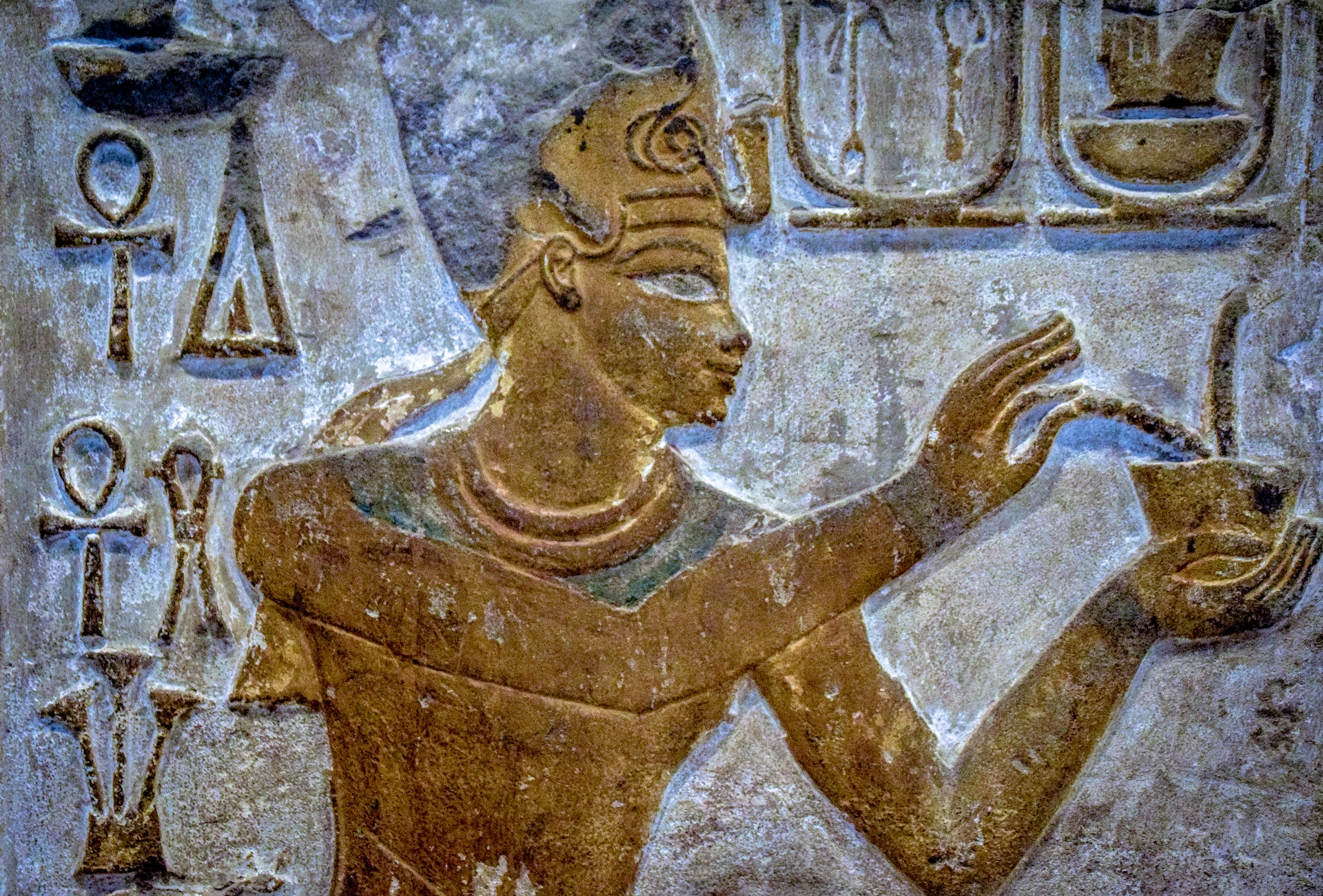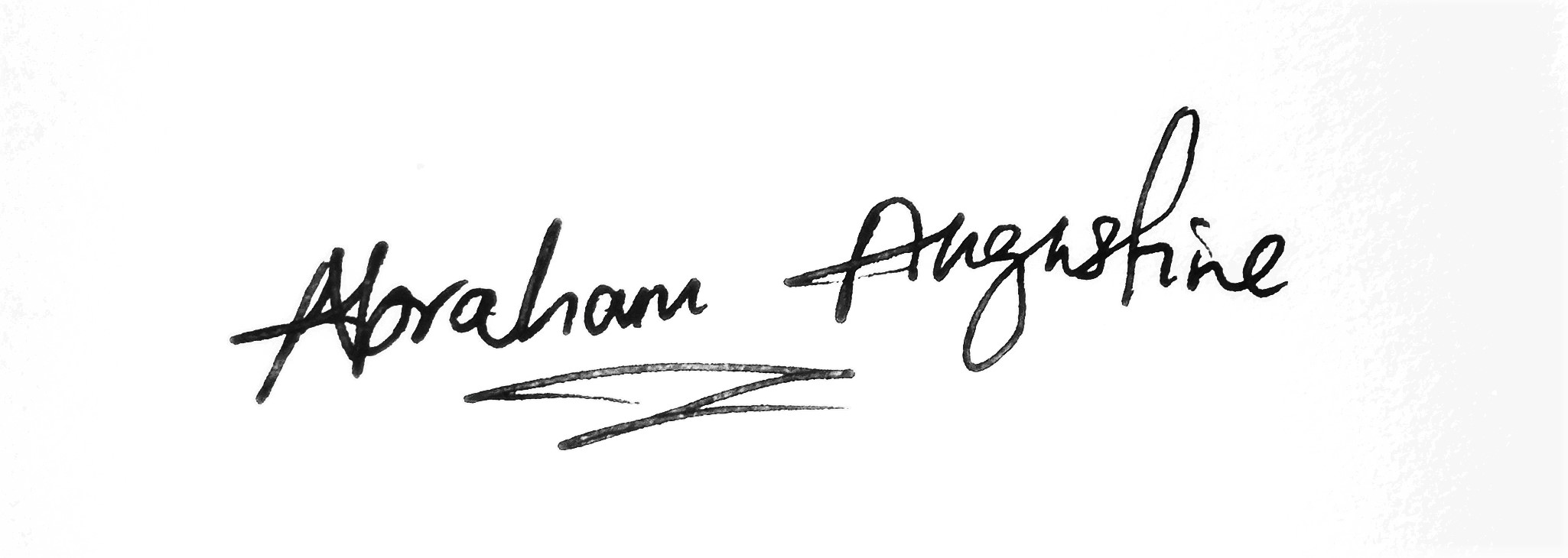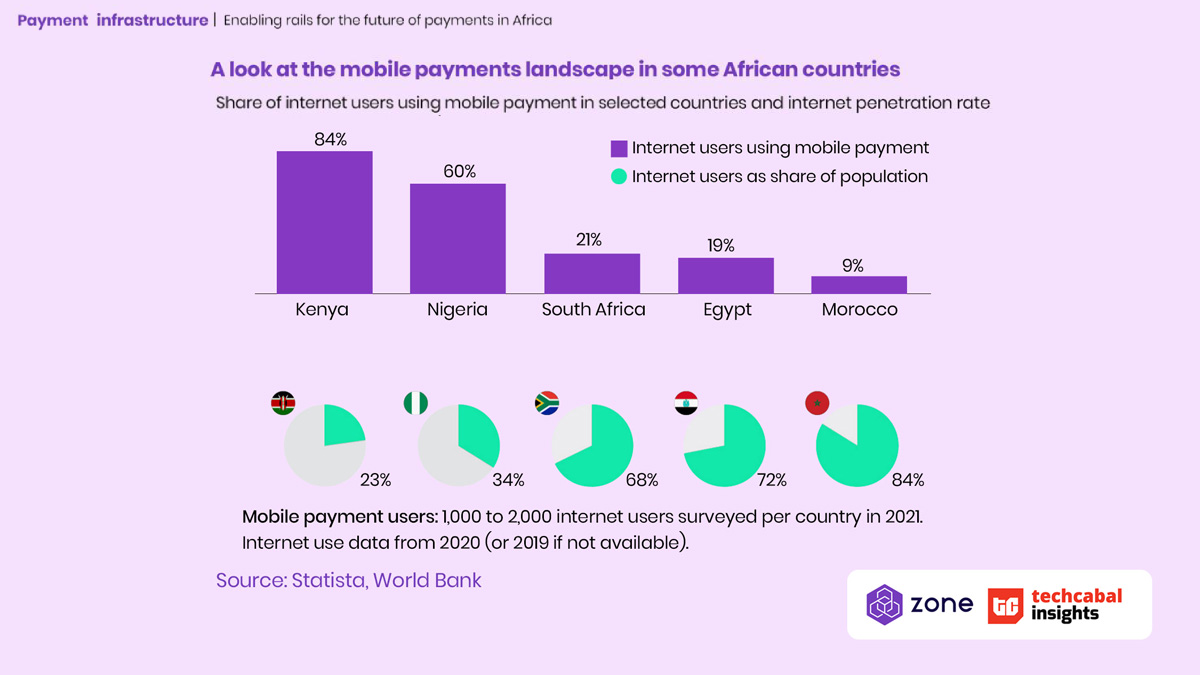
The Formula Rossa is the fastest rollercoaster on earth. Located in Abu Dhabi, United Arab Emirates, the big dipper is capable of speeds of up to 240 kilometres per hour. That’s 66.7 metres every second. 2022 felt like riding the Formula Rossa.
Happy holidays!
We’ll be making a brief stop here, to catch our breaths, clear our head and prepare for the new year. The next edition of Next Wave you get will come on the first day of the brand-new year, 2023. How cool is that?
A vote of thanks
A big thank you to all of you who read this email every week and for all your kind and generous messages.
“Thanks for making me stay one step ahead with relevant and needed-to-know information,” one subscriber said.
“An enlightening and engaging read,” another wrote.
And: “Next Wave is one of my favourite things to read as I start a new week. It is brilliant and impactful work, putting out this knowledge. Thank you for doing it.”
So much has happened this year, and while it’s not over yet, it aready qualifies as the tech equivalent of the Formula Rossa—the world’s fastest rollercoaster.
As an ecosystem, we’ve made the entire cycle—from over-the-top optimism, shock, anxiety and mild dysphoria, cynicism and acceptance. As an ecosystem it has hardly been a single story and nothing had been guaranteed. More importantly, we have learned a lot.
7 Next Waves for your reading pleasure
As we activate this brief break in transmission, here’s a selection of some of the most widely read editions of Next Wave and a link to the entire archive. As always, we welcome comments, suggestions and feedback. Your thoughts and questions help us dig deeper for insight. Share them with us on team@techcabal.com.
#1. Tech’s promises in Africa are under scrutiny

Africa, through digitalisation, has seen the advent of “helicopter tech companies” that do not have offices on the continent, hire local staff, or pay taxes to their host government. They make money off the continent without adding anything to it.
As big tech companies deepen their footprint on the continent and their negative sides unveil themselves, they have been subjected to increased public scrutiny, with many finally opening their eyes to the fact that a tech-driven utopia might be a pipe dream.
#2 Africa needs to shed the “mobile-first” garb

Mobile technology in Africa first shot to fame in the mid-2000s, quickly establishing dominance over the landline. In time, mobile technology and the mobile phone became the defacto way to do digital innovation in Africa.
The benefits of this rapid uptake of mobile phone technology were immediate and clear—improved communication and new digital services. But this way—the mobile-only way— and the fast adoption has masked a longer-term problem.
#3 Can tech founders successfully run their startups from overseas?
The proliferation of remote work has not only made it easier for startup employees to work from different parts of a country or the world, it has also made it possible for founders to run their startups from outside the country. But what is the effect of this trend on a growing tech ecosystem?

#4 A digital economy is, above all, physical
In Africa, where the race to digitising x is heating up, it is easy to miss that the hardest part of building a digital ecosystem is not in driving adoption. The consequential pieces of a digital economy are physical, rooted in human behaviours, geopolitics, and the ownership of the enabling infrastructure.

One risk that comes with building a technology ecosystem that is heavily reliant on software investors is that we may get carried away and let software VCs define what a digital sector is. The good news is that Africa’s digital story has an infrastructure background that younger tech entrepreneurs and operators will do well to study.
Read the digital economy series backwards from here.
#5 Build Cyborgs not Androids in Africa
In this guest edition, DFSLab, a prolific investor in early stage businesses in Africa explains why digital companies and the investors who back them must understand adapt to the realities of operating in Africa where informal offline networks still rule. “We should be clear in our convictions and why we invest.”
Questions around unfettered, profitless growth that were previously suppressed by thoughts of twenty-year timelines are suddenly much more visceral. No longer can we afford specious arguments about demographic trends or smartphone revolutions when spending runways end in weeks not years.

#6 The Great Sobering
It is the Great Sobering. The realisation that technology won’t change much if you remove the nitro-boosters. And how little we understand (and pay attention to understanding) what scaling ventures beyond VC means.

#7 Africa’s journey to digital innovation is older than you think
It’s easy to fall into the trap of recent memory and lose the context and lessons from where we started. Africa’s digital ecosystem is often discussed as something recent and from the past five years. And any conversation that goes 10 or 12 years into the past equals ancient history.
Some of this is understandable. A lot has changed, and a lot more is changing every passing hour as the continent’s digital reality becomes a separate and fully dynamic force of its own.
At the same time, nothing much has changed.

Throughout the holiday, we will still be sharing stories, recaps and industry reports on techcabal.com. If you start feeling itchy for startup news (we know 🤭), feel free to drop in.
Do have a merry holiday!
We’d love to hear from you
Psst! Down here!
Thanks for reading The Next Wave. Subscribe here for free to get fresh perspectives on the progress of digital innovation in Africa every Sunday.
Please share today’s edition with your network on WhatsApp, Telegram and other platforms, and feel free to send a reply to let us know if you enjoyed this essay
Subscribe to our TC Daily newsletter to receive all the technology and business stories you need each weekday at 7 AM (WAT).
Follow TechCabal on Twitter, Instagram, Facebook, and LinkedIn to stay engaged in our real-time conversations on tech and innovation in Africa.

Abraham Augustine,
Senior Writer, TechCabal.
























